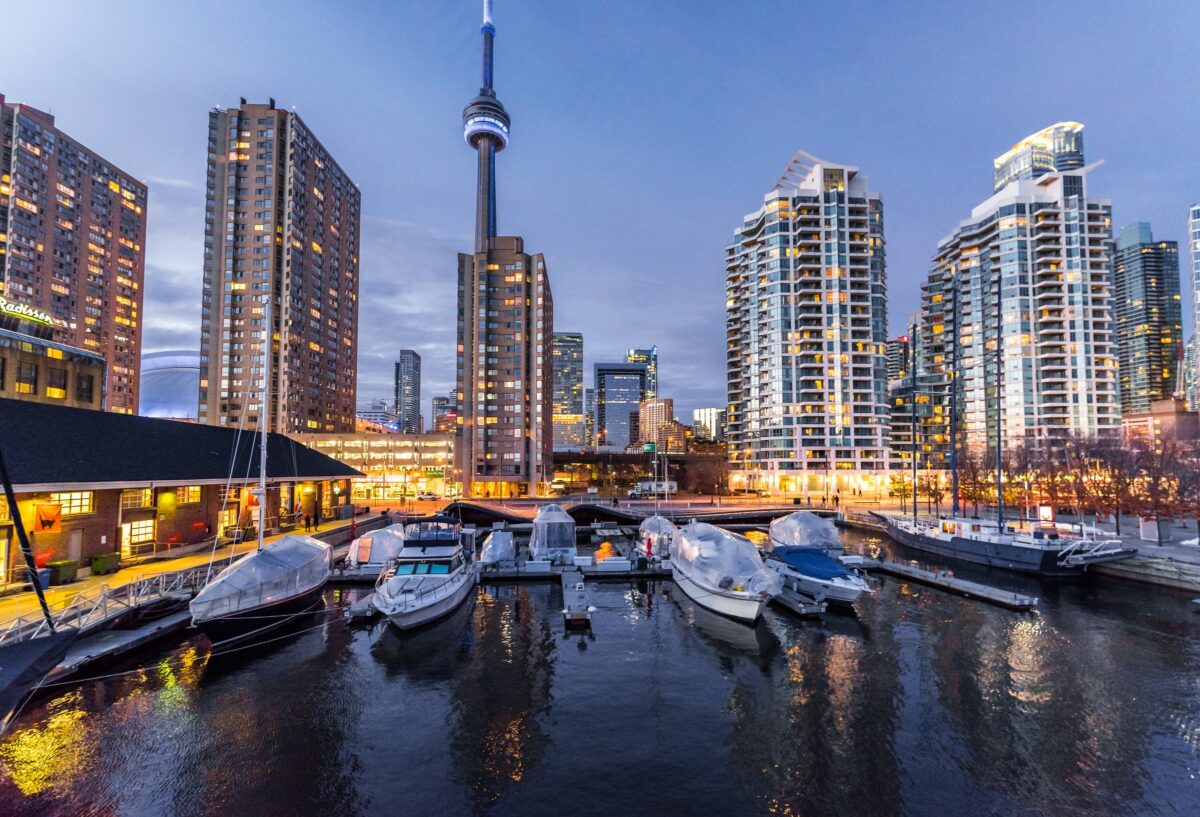The premiers may have used an ineffective federal initiative as an excuse to sit on their hands.
Political conditions and the harsh realities of the pandemic have gradually pushed the debate in Ontario over paid sick leave a step closer to a rational conclusion.
However, such a small task should not have taken so long.
The needless public drama over the past week has been difficult to watch, not least because poor citizens were already being denied vital security against a deadly virus as provinces struggled with an imperfect federal program.
“This is a game-changer and this will save lives,” Ontario Labour Minister Monte McNaughton said.
McNaughton’s offer of three paid sick days might be helpful, but it falls well short of the ten days demanded by labor activists.
However, his point about saving lives would have more resonance if it hadn’t been made 14 months after the pandemic, after nearly 8,000 Ontarians had died.
It makes sense to allow people to stay at home while they are sick in order to contain an infectious disease. However, not everyone can afford to do so. According to 2016 results, 58% of Canadian employees said they didn’t have access to paid sick time from their employers. 74% of those making less than $25,000 a year said their employer did not have paid sick leave.
Provincial labor laws govern the vast majority of Canadian workplaces. Just two provinces required employers to provide paid sick leave to their workers when the pandemic started. Quebec mandates two days of sick leave; P.E.I., which had just one day of sick leave when the pandemic started, has since increased it to three days.
Last spring, as calls for more paid sick leave became stronger, NDP Leader Jagmeet Singh took those demands to the federal government. The Liberals decided to discuss the issue with the provinces as part of an agreement with the NDP to continue with extraordinary summer sittings.
Following that, the Trudeau government announced a “secure restart” deal with the provinces, which included the Canada Recovery Sickness Benefit (CRSB), a federal initiative provided by employment insurance that paid citizens $500 per week for up to two weeks — eventually extended to four weeks — if they wanted to stay at home.
However, this was merely a kind of sick leave. It was, as it would later become apparent, a poor replacement for fully compulsory paid sick leave, which would be automatic and mandated by statute.
“So let’s say I wake up today and I’ve got a fever. If I had employer-paid sick days, I would just be able to stay home,” Deena Ladd of the Workers Action Centre said in an interview this week. “I wouldn’t have to think about my wages. I wouldn’t have to think about making ends meet, because I’m covered.”
A worker must have missed at least half of their scheduled work week to be eligible for the CRSB. Individuals must apply for the benefit and then wait for the funds to arrive if they are accepted. This could take a few days or longer.
For people who are barely scraping by, these delays and lack of certainty can be major issues.
“The main issue is the ability to immediately act — the ability to immediately make the decision about staying home and being safe, and the confidence that your wages are going to not be interrupted,” Ladd said.
The federal benefit did help some people — $435 million has been paid out to 485,000 unique applicants so far — but the uptake was smaller than anticipated. Over the last few months, there have been increasing demands for better paid sick leave.
To be fair to the federal government, it could only do so much in the absence of provincial legislation — but it could also have made the CRSB more generous. But, in attempting to act, did the Liberals produce a moral hazard, making it easier for others to resist a real solution?
Provincial governments are normally zealous defenders of their own jurisdiction.
Last fall, lawyers from Ontario and many other provinces took the federal carbon-pricing legislation to the Supreme Court, arguing that it was an illegal interference into provincial jurisdiction.
Provinces seem to have been content to let the federal government act in this situation. The CRSB also served as a convenient political justification for provincial inaction.
“We aren’t going to duplicate and waste taxpayer’s money, double-dipping into their pockets,” Ontario Premier Doug Ford said in February.
A premier can see reasons to avoid enacting paid sick leave legislation in his or her province. Businesses that are still struggling to survive the pandemic will be irritated by any added costs. After the pandemic has passed, there could be considerable political pressure to keep the exemption in place.
But, when lives are on the line and avoiding human suffering is the target, should such considerations be permitted to stand in the way of action?
“[The federal government has] done a lot of great things over the past 14 months, but this is not one of them,” British Columbia Premier John Horgan said Tuesday — as if his own government couldn’t have taken responsibility for its own jurisdiction months ago.
The federal government has done best in reacting to the pandemic as it has used its spending power and money to promote provincial intervention.
However, the sick leave saga brings to mind another botched effort to use a federal scheme to solve an issue that falls solely under provincial jurisdiction: industrial rent relief. Later, then-federal finance minister Bill Morneau admitted that federal assistance should have been combined with provincial limits on landlords’ right to evict tenants. The lesson should’ve been extended to sick time as well.
The federal government should have promised to help reimburse distressed employers for the expense of enacting paid sick leave laws in exchange for provinces enacting them. For contract employees, anything similar to the CRSB should have been preserved.
Instead, so many Canadian employees have gone too long without complete paid sick leave, and due to a political crisis in the province, workers in Ontario can only get three days now.
In the days and weeks ahead, this strategy could still save some lives. But, when a third pandemic wave wreaks havoc on many countries, the question now is how much misery might have been avoided if provinces had introduced a genuine paid sick leave scheme months earlier.




